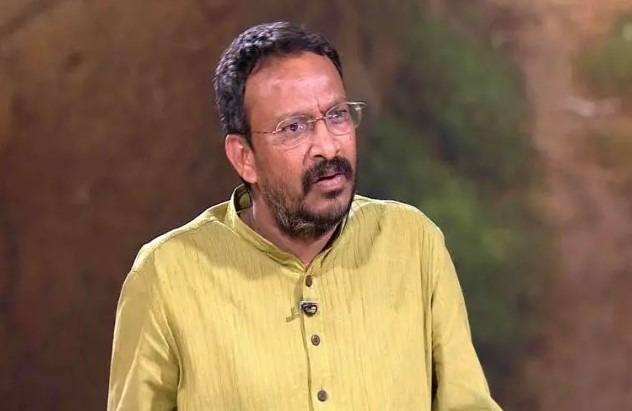Mumbai, India: “Women in villages still manually clean fecal matter from toilets and septic tanks. 12 people have already died since the beginning of 2025 because of this”, Bezwada Wilson, Ramon Magsaysay Awardee, and National Convener, Safai Karmachari Andolan said.
He was speaking on the second day of ABP Network’s Ideas of India 2025, in a session titled ‘The Humanitarian Touch – Creating a Kinder Universe.”
Elaborating upon the problem, Bezwada stated, “Manual scavenging is toxic and life-threatening. Just building toilets isn’t enough; how can we leave people to clean our waste? Even after independence, we haven’t fully transformed a single city. India still lacks a proper sanitation system. We cannot allow humans to clean human excreta.”
Satyajit Bhatkal, CEO, Paani Foundation said, “We created Satyamev Jayate to drive change, not for views. Over 24 episodes, we made an impact, which led us to focus on water conservation. When the show ended, we dedicated ourselves to tackling water pollution and uniting villages.”
When asked if films mirror society and can they bring change, Satyajit responded, “Movies can create awareness, but real change needs government action and public participation. We are all polluters. Our job isn’t just to clean up—it’s to stop polluting in the first place.”
Ramveer Tanwar, PondMan, Environmentalist & Brand Ambassador, GNN said, “Village ponds, once clean and essential, are now polluted beyond use. We used to swim in them—today, they’re dumping grounds. If this continues, future generations will only see them as garbage pits. We must minimize waste to reduce water pollution since we lack the infrastructure to manage it once it’s out. Superstition can be both an obstacle and an advantage. Many sadhus dump offerings into ponds, polluting them. But if we turn beliefs into a force for good—by creating stories that inspire action—we can unite people to clean and restore these water bodies. Kooda ghar tak rahe, jitna kam ho utna behtar.’”
On government support, Ramveer added, “Things are changing. The fact that we’re having this discussion shows that awareness is growing.”
The ABP Network’s Ideas of India 2025, centred on the theme ‘Humanity’s Next Frontier’, will convene thought leaders and innovators to explore the challenges and opportunities in India’s ascendance in a rapidly changing world. In the face of climate change, geopolitical conflicts, and technological advancements like AI, the summit delved into India’s role as both an ancient civilisation and a demographic powerhouse in shaping the future. The two-day summit brings together a confluence of ideas by global thought leaders, intellectuals, and change-makers covering transformative possibilities in science, medicine, social contracts, and global leadership, with experts from diverse fields offering bold visions of a better, more sustainable world for all.
Disclaimer: This media release is auto-generated. The CSR Journal is not responsible for the content.


